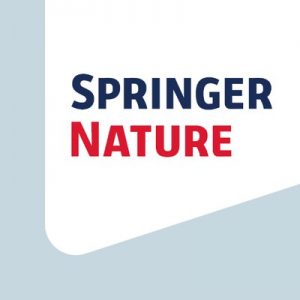The journal that published a hotly contested article by a professor at Harvard Law School arguing that Korean women forced into sexual slavery during World War II were willing prostitutes has reaffirmed a prior expression of concern over the paper, but stopped short of retracting the article.
However, the International Review of Law and Economics encourages readers of the article, by Mark Ramseyer, to “also consult the comments published in IRLE and in other venues for the broader historical perspective.”
Alexis Dudden, a professor of history at the University of Connecticut who has written extensively about Japan’s wartime system of military sexual slavery, called the statement “wishy-washy.”
“For the denialists, this is a victory,” she told Retraction Watch. “The IRLE decision is rotten at the core.”
Continue reading Scholar calls journal decision on ‘comfort women’ paper ‘rotten at the core’







